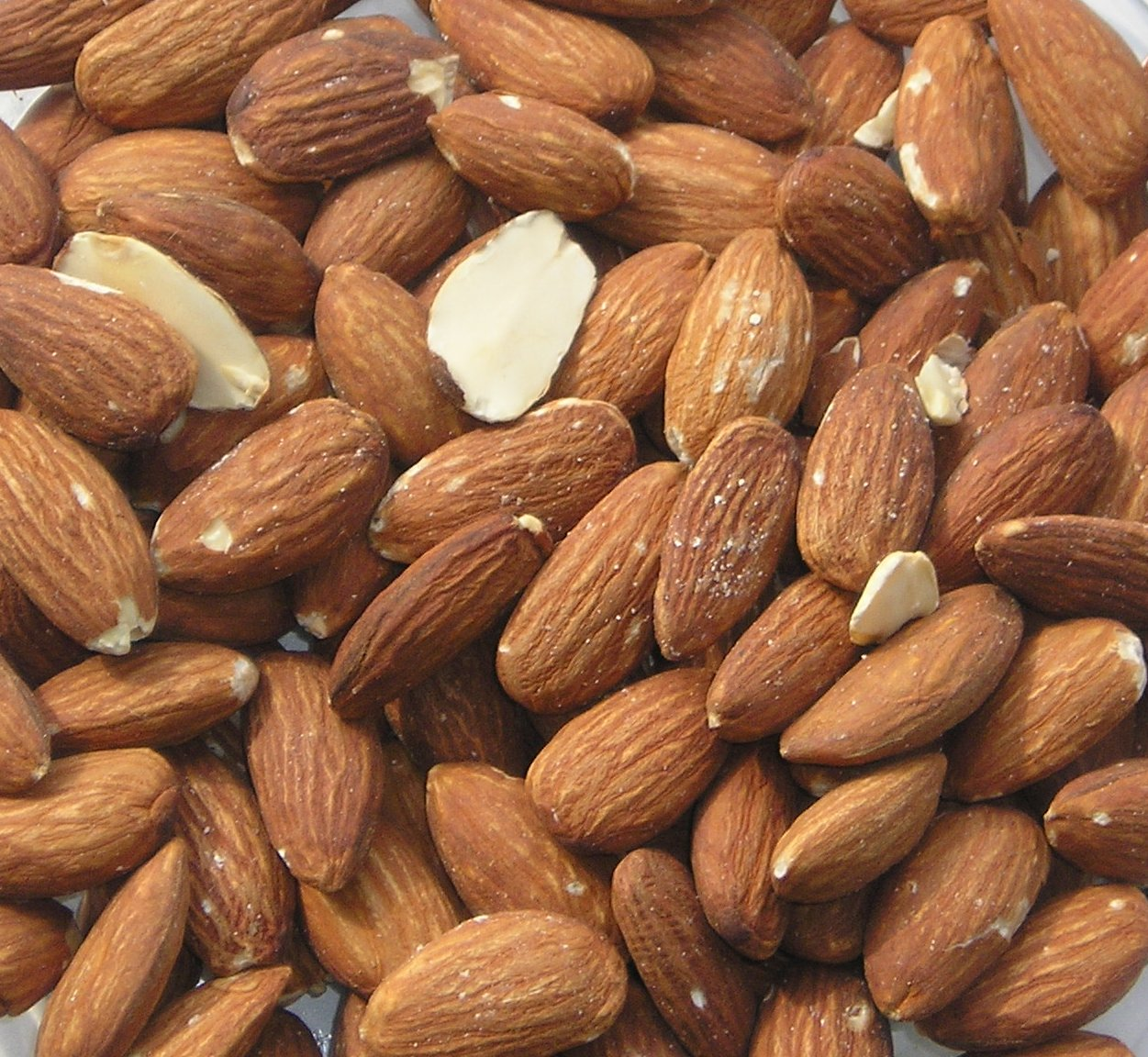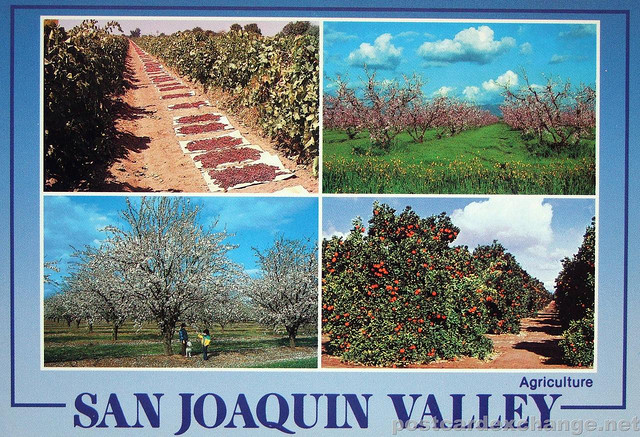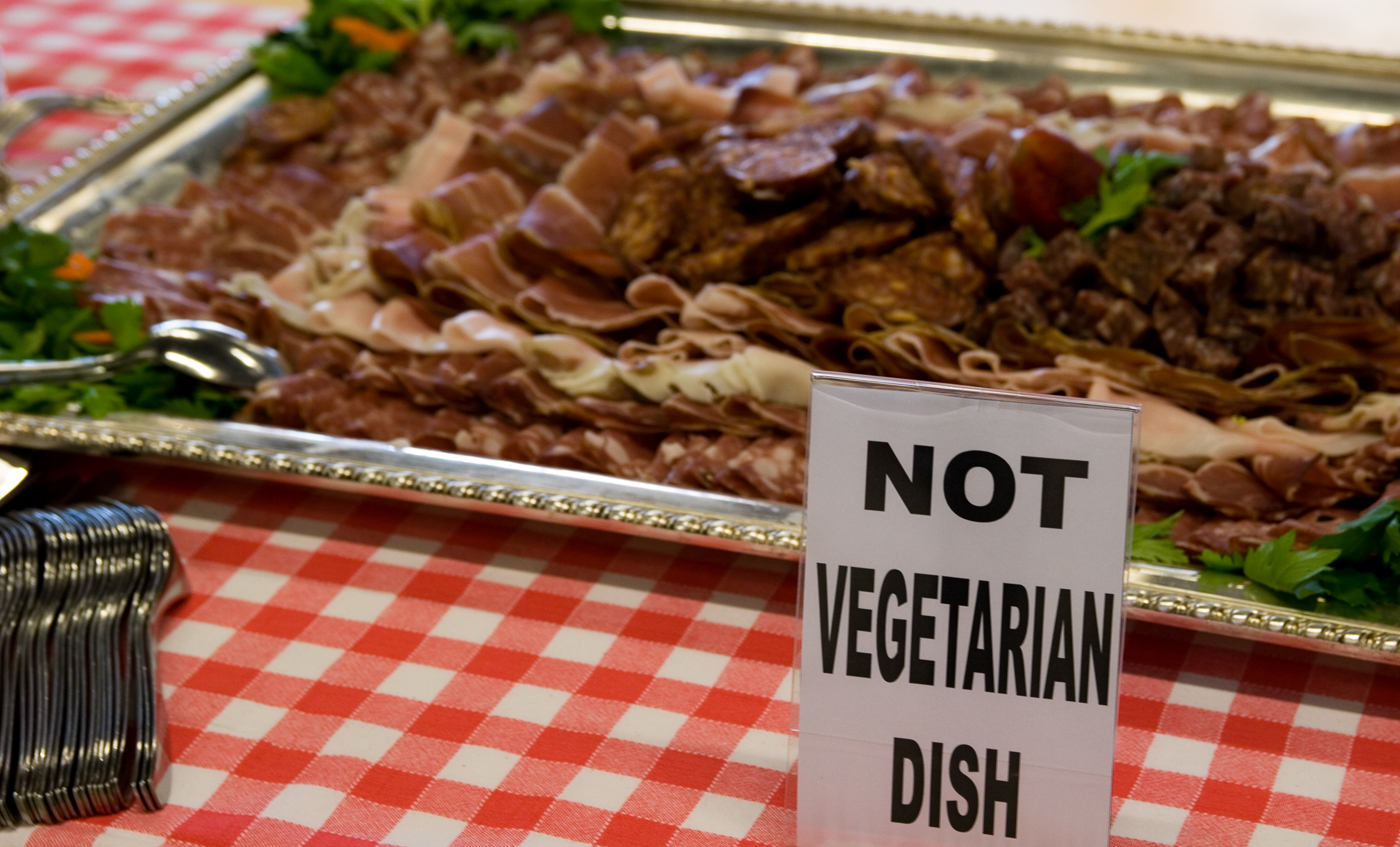Almonds are yummy. Almonds have vitamins and stuff. Almonds are (horribly abused to be) made into almond milk.
But.
Almonds are actually kind of shitty for anything resembling sustainable agriculture. Not just kind of shitty. I mean really totally crappy shitty disgusting ick how-did-that-happen.
A recent batch of blog posts by Tom Philpott, Alex Jones and Julia Lurie in Mother Jones highlights this issue as well as other water-sucking crops like grapes, pistachios, and more.
Tom’s almond article delves into some disturbing statistics:
- California produces 99% of the US almond supply
- California well depths are dropping, often as low as 2500 feet
- Standard row crops are being abandoned for almond farms
- A huge part of the San Joaquin Valley is sinking 11 inches per year
- 60 percent of the nation’s managed honeybees are used for ALMONDS (and might be killing them, at the same time).
Why? Why the f why??? Because we (the US and Asia) love almonds. And when we love almonds, it keeps their prices high. It’s a 4.8 BILLION dollar crop. Almond milk consumption is going freaking insane.
California is potentially in a drought bigger than any in 500 years, and any rains that fall are too little, too late.
I like this Tom Philpott guy. Basically, he read about this stuff, he wrote about this stuff, and then he got pissed off enough that he started really DOING things with his knowledge, like start Maverick Farms and become a living advocate for sustainability.
Yeah, this is a little bit of a chicken little kind of post. BUT. There are things we can do. There are things we SHOULD do. Treat almonds like a treat. Stop fucking drinking almond milk. Drink pasteured kefir – it’s (so far) more sustainable and has no lactose.
And tell people. Passion is what reaches those that are interested.



